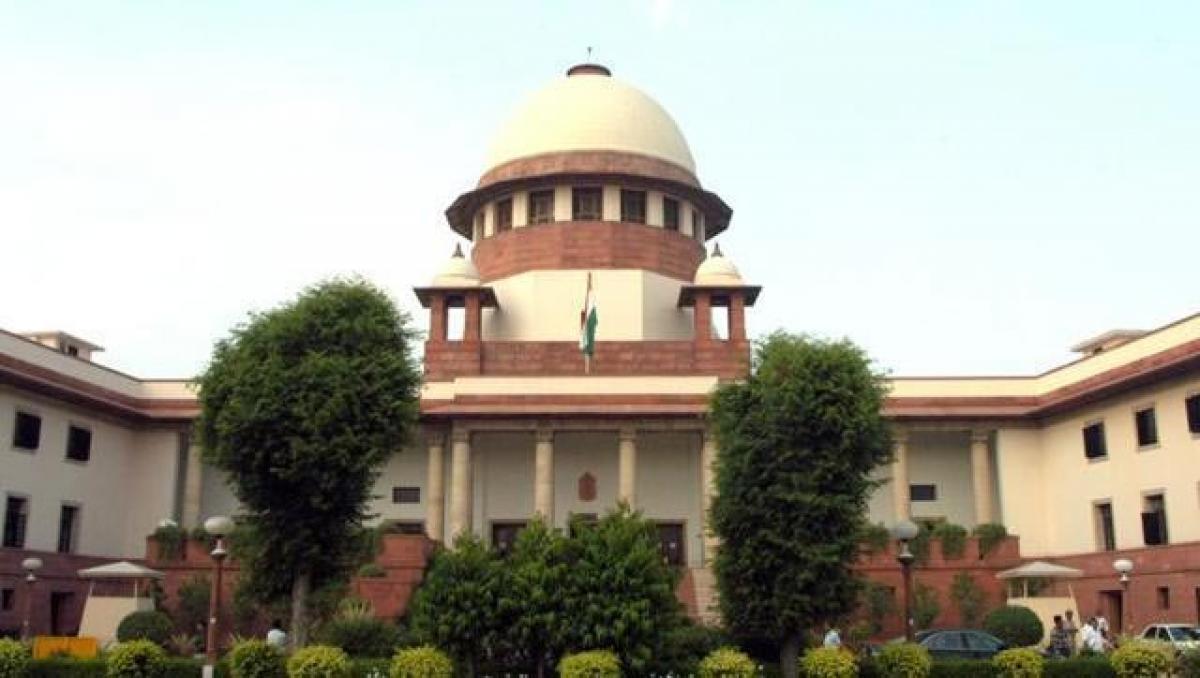Live
- Chandrababu's Vision is To Prevent Drought, says Nimmala Ramanaidu in assembly
- Health School programme rolled out in Adilabad
- Musk names Microsoft as defendant in amended lawsuit against OpenAI
- Vishwak Sen Shares His Disappointment After Shraddha Srinath Turned Down His Offer
- AP Chambers to organise 3-day Business Expo-2024
- Gold rates in Delhi today surged, check the rates on 15 November, 2024
- Collector Prasanthi emphasises transparency in sand supply
- Don’t be fooled by brokers, MLA advises farmers
- Gold rates in Visakhapatnam today surges, check the rates on 15 November, 2024
- Tirupati: Student commits suicide









